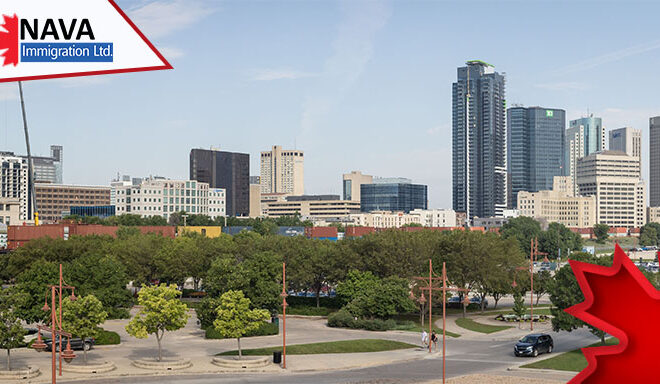The Impact of Budget 2024 on Canada’s Immigration System
Chrystia Freeland, the Minister of Finance in Canada, presented Budget 2024 before Parliament. Canada releases a budget each year that determines the framework of the upcoming calendar year’s spending. Immigration is a crucial part of Canada’s economy. Thus, determining the impact of budget 2024 on Canada’s immigration system is crucial. The details are as follows.
Impact of Budget 2024 on Canada’s Immigration System
The budget each year has a significant impact on how Canadians, especially new immigrants, will manage their lives in the country. For instance, the budget defines the strategy for spending all government spending and gives an indication of what to expect from Canada’s economy in the next fiscal year.
Knowing the Government’s expenditure strategy is crucial to understanding Canada’s immigration policies in the future.
The 2024 Budget includes $53 billion in new spending, with a strong emphasis on improving housing affordability in Canada. It also includes defense spending and enhancing labor force productivity to boost Canada’s economy.
Notably, this year’s budget did not put more emphasis on immigration and significant spending on it. However, specific new spending and increases to existing measures from previous budgets may assist newcomers to Canada in finding affordable housing and gaining employment in essential industries. The following is how budget 2024 will impact Canada’s Immigration system.
Making Housing Affordable
Previously, Prime Minister Justin Trudeau and Minister Freeland released significant information concerning how the federal Government intends to alleviate the current housing affordability crisis in Canada.
Several policies are geared toward millennials and Generation Z, who are frequently negatively affected by housing expenses in Canada.
Ministers declared several measures, such as a Renters Bill of Rights and expanded funding for the current Apartment Construction Loan Program. This program will help encourage builders to develop more housing units and apartments, including student residences and long-term care facilities.
Moreover, Minister Freeland declared that first-time home buyers will be allowed to use $60,000 from their RRSPs to purchase their first home. This is nearly twice the existing approved amount, $35,000.
They will also begin repaying the amount after five years.
Aligning Immigration With the Current Housing Situation in Canada
The 2024 Budget also reaffirms the previous adjustments implemented by IRCC in response to the housing shortages. For instance, the next immigration level plan 2025-2027 will include the temporary resident targets. This will be included for the first time.
Under this new TR target, temporary workers and international students will be included.
The Government expects to decrease the number of temporary residents by around 600,000 within the next three years.
This is to lower the housing demand on Canada’s limited housing supply.
Foreign Credential Recognition Program
The Canadian Government plans to invest $50 million in the Foreign Credential Recognition Program, based on the initiative announced in the Fall Economic Statement in 2023.
As per the Budget 2024, half of the total funding will go to residential construction. This is to help skilled trades workers secure the necessary job roles to work in Canada or their preferred province.
The rest half of the funding will be specific to the healthcare sector.
According to the Government, this might help “provinces and territories to expedite removal of their barriers to foreign credential recognition.”
This investment expands on the $115 million investment announced in Budget 2022.
Canadian Immigration and Country’s Economy
As per the recent budget, it’s clear how immigration has influenced Canada’s economy. It claims that in recent years, new immigrants have reduced the initial income gap between themselves and non-immigrants.
It stated that because newcomers typically earn less than the average Canadian worker when they arrive, a substantial one-time rise in the number of immigrants has had a short-term impact on the national average income and productivity.
Moreover, it further added that during a recent decade, newcomers needed at least six years to reach the median Canadian income. However, by the end of a decade, they had surpassed that median income by 10%.
So, this was an overview of the impact of budget 2024 on Canada’s immigration system and how it may impact newcomers. If you are interested in immigrating to Canada but have concerns about the process and pathways, feel free to connect with our experienced immigration experts for help at NavaImmigration or send us an email at [email protected]





